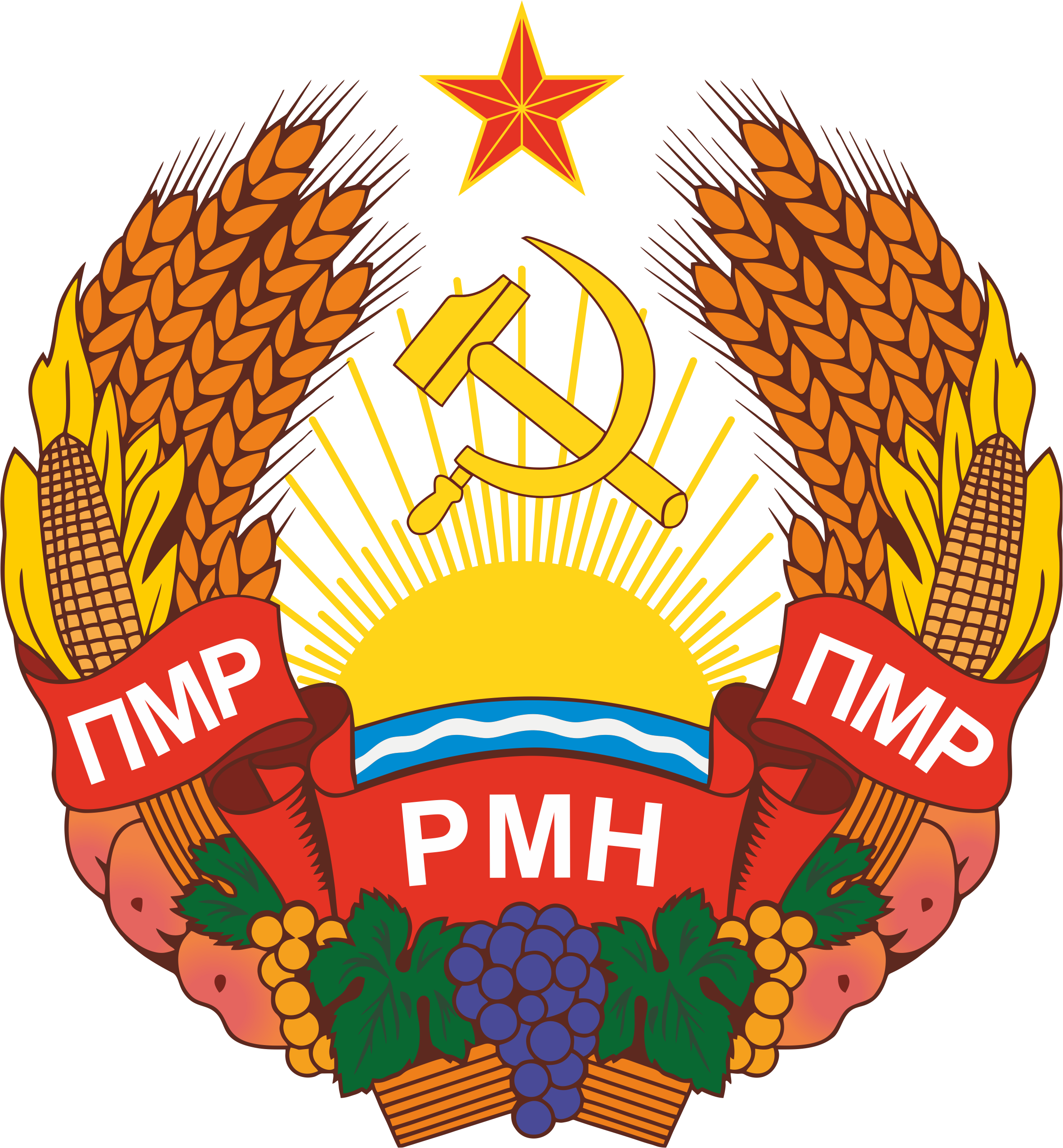Комитет по законодательству, правоохранительным органам, обороне, безопасности, миротворческой деятельности, защите прав и свобод граждан
A new Criminal Procedure Code will soon be in force in the legal field of the republic. Its draft was considered in the course of the meeting of the Committee on Legislation, Protection of Rights and Freedoms of Citizens. The authors were deputies of the Committee Galina Antyufeeva, Valery Babchinetsky, Gregory Dyachenko and Oleg Petrik. The draft of the new Criminal Procedure Code significantly supplements the current version of the law adopted back in 2002.
A working group specially created under the parliamentary Committee on Legislation, Protection of Rights and Freedoms of Citizens worked on the new Criminal Procedure Code. It included deputies and specialists of the Legislation Committee, representatives of the Presidential Administration, the Prosecutor's Office, the Investigative Committee, the Office of the Commissioner for Human Rights in the PMR, the Ministry of Justice, the Supreme Court, the Ministry of Defense, the Ministry of Internal Affairs, the Ministry of State Security, the State Customs Committee, the Chamber of Advocates of the PMR, as well as Pridnestrovian State University named after Taras Shevchenko.
The decision to create a working group was made on the basis of a letter from the Supreme Court of the PMR on the need to improve legislation in the field of criminal proceedings.
Meetings of the working group were held starting on April 11, 2023. A colossal amount of work was done to discuss each article of the new law, there are almost 500 of them in the draft. More than 450 amendments to 57 chapters were considered. The criminal procedure codes of a number of states, including Russia, Belarus, Kazakhstan, as well as judicial practice were studied. Chairperson of the Committee on Legislation, Protection of Citizens' Rights and Freedoms, Vice-Speaker of Parliament Galina Antyufeeva thanked everyone who participated in the meetings of the working group on the development of the new Criminal Procedure Code.
Objectives of the draft of the new Criminal Procedure Code:
– the conceptual apparatus of criminal proceedings is clarified and supplemented, for example, the draft law includes the concepts of the terms already enshrined in Russian practice;
– the draft law forms a clear structure of criminal prosecution, dividing it into 3 types: private prosecution, private-public prosecution and public prosecution;
– the law-in-draft strengthens the implementation of the principles of adversarial proceedings, equality of parties, legality and ensuring individual rights. For example, the procedure for exercising the right to defense is clarified, more guarantees are introduced for suspects and accused;
- the law-in-draft updates the grounds for refusing to initiate a criminal case, as well as the list of grounds for terminating a criminal case, which makes it possible to exclude unfounded criminal prosecution;
- the law-in-draft supplements the list of preventive measures with two institutions that are new to Pridnestrovie: house arrest – restriction of a person's freedom of movement within the place of residence; prohibition of certain actions – individual restrictions that prevent a person from committing actions that may impede the proceedings;
- specifies the range of criminal cases that fall within the competence of the inquiry. This will optimize the work of investigative bodies and reduce the time frame for preliminary investigation;
- the law-in-draft revises the procedure for considering cassation and supervisory appeals;
- establishes the possibility of concluding a pre-trial cooperation agreement between the suspect (accused) and the investigation;
- introduces detailed rules on the specifics of the investigation and trial of cases against judges, deputies, lawyers, prosecutors, investigators and other persons with a special legal status.
The proposed innovations, according to the authors, are designed to improve the quality of work of law enforcement agencies, reduce the time for considering cases, and increase the protection of the rights of all participants in the process.
The draft Criminal Procedure Code will be considered by the deputies of the Supreme Council at one of the plenary sessions in the first reading. Along with it, 15 related legislations on amendments to specialized laws will be considered.
In addition, deputies studied the information of the PMR Supreme Court on the results of its activities for 2024, as well as with the information provided by the Commissioner for Human Rights in the PMR in the course of the meeting of the parliamentary Committee on Legislation. Pridnestrovians lived without heating and with rolling blackouts, the ombudsman monitored the observance of citizens' rights in January of this year, in the conditions of the energy crisis. Vyacheslav Kosinsky and the staff of the Commissioner's office visited kindergartens, social, medical, penitentiary institutions, as well as heating and temporary accommodation points for citizens.


 Законы ПМР
Законы ПМР Постановления
Постановления Законопроекты
Законопроекты Анонс мероприятий
Анонс мероприятий 0 (533) 6-24-24
0 (533) 6-24-24